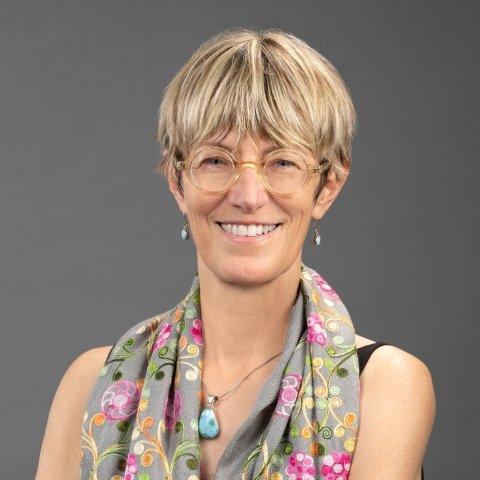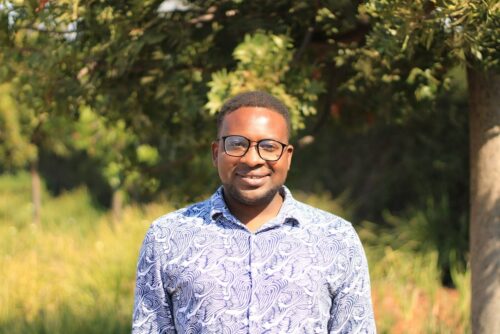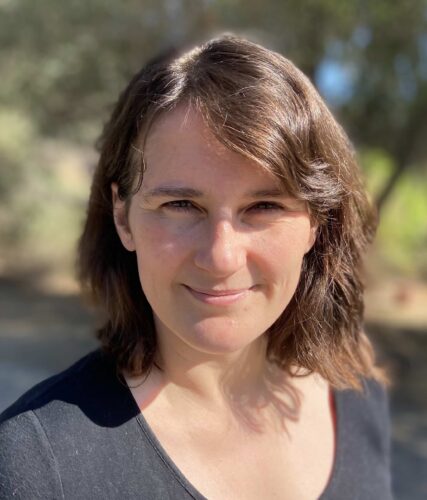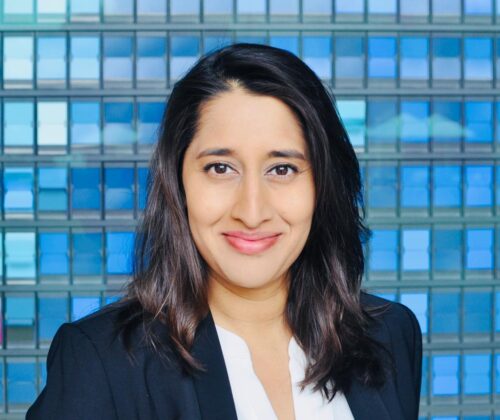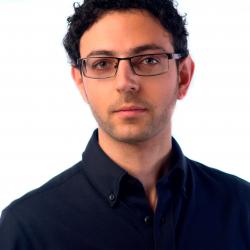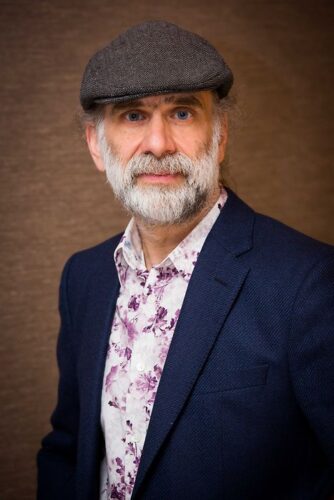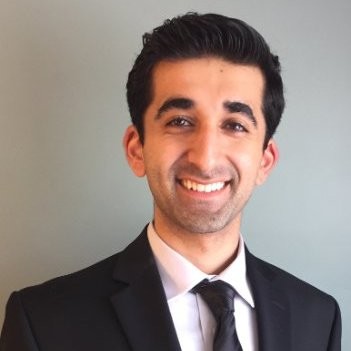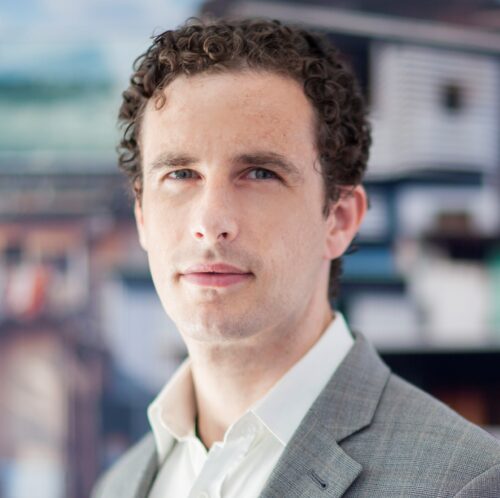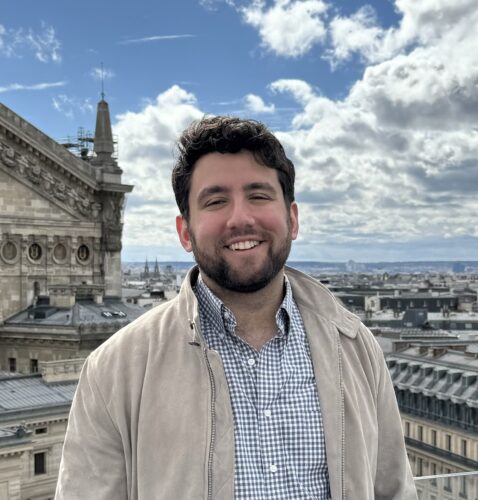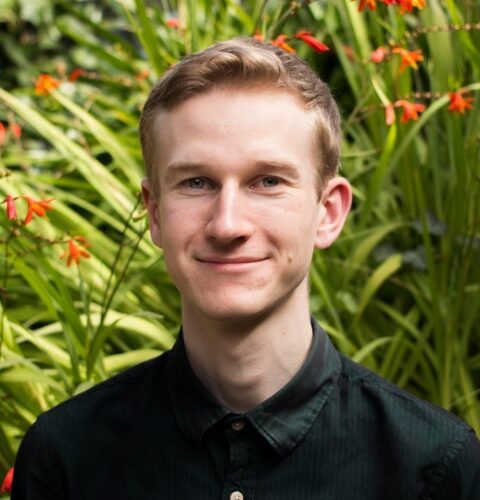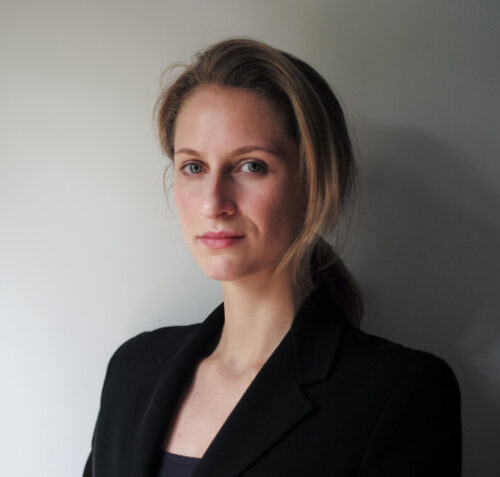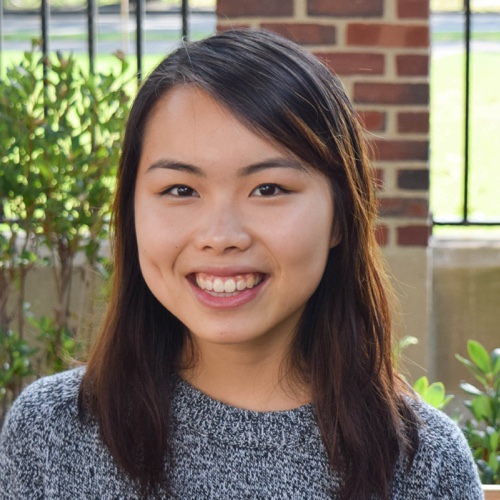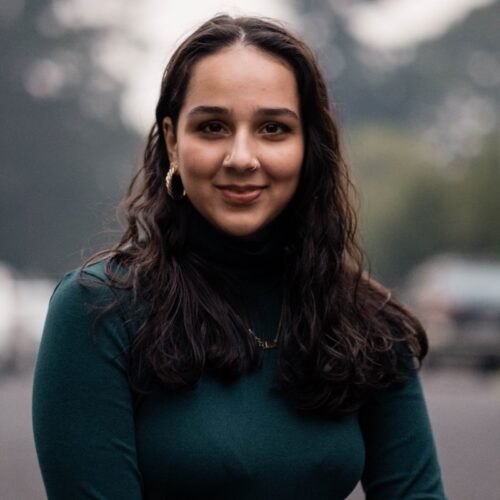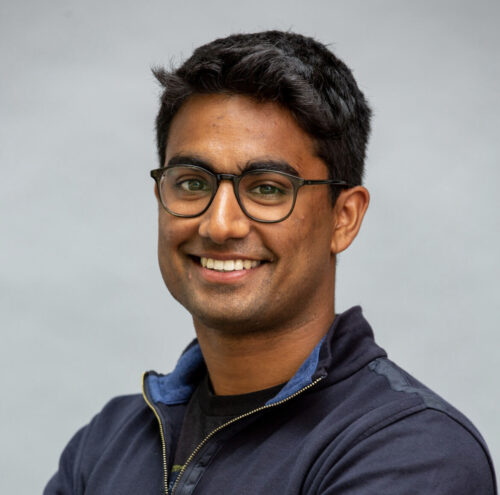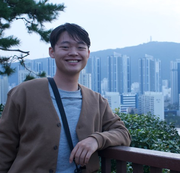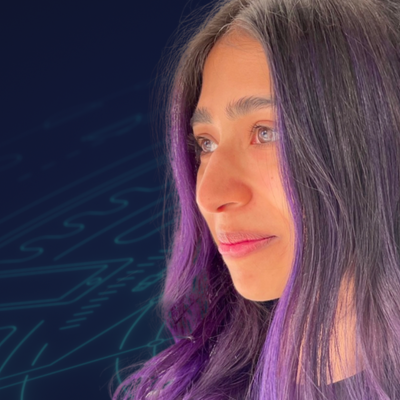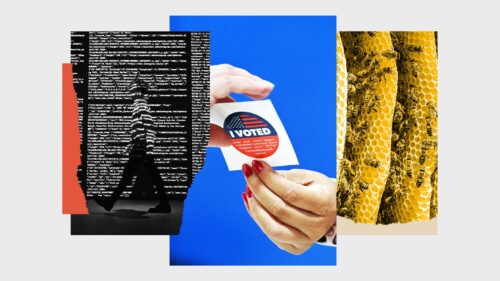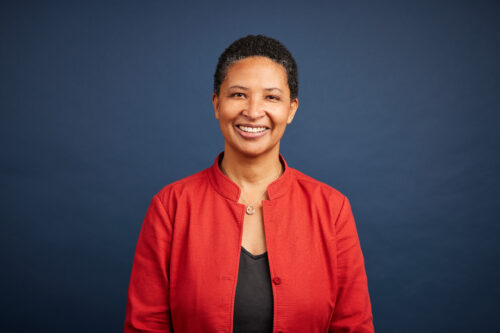
Danielle Allen
Professor of Public Policy, James Bryant Conant University Professor
The Allen Lab for Democracy Renovation’s Technology and Democracy workstream aims to ensure that emerging technologies are developed and governed in support of the public benefit.
The Allen Lab for Democracy Renovation’s Technology and Democracy workstream is focused on developing democracy-supportive technology policies, harnessing the opportunities for emerging technologies to improve governance, fostering professional norms that lead to technology development supportive of human pluralism, and building a robust pipeline of experts who can bridge ethical and technical considerations within policy and industry spaces. We pursue this work through foundational analysis and theory, field-building, and policy development.
Some of our research areas include:
At the center of our work is our multidisciplinary research network. The Governance of Emerging Technology and Tech Innovations for Next-Gen Governance (GETTING-Plurality) is a research network linking philosophers, social scientists, computer scientists, legal scholars, and technologists. This unique collaborative unites tech ethics initiatives at Harvard University with external impact partners across higher education and the tech industry, bringing philosophers and ethicists to the table for every project.
Our network seeks to advance understanding of how to shape, guide, govern, and deploy technological development in support of democracy, collective intelligence, and other public goods. Our focus is on how to do so, given the plural nature of human intelligence. We connect theory with practice to ensure that academic insights inform real-world policy and industry standards.
Professor of Public Policy, James Bryant Conant University Professor
PhD, Senior Lab Director
Associate Director for Technology & Democracy
Senior Fellow, Allen Lab for Democracy Renovation;
Co-Director and Co-Investigator, GETTING-Plurality Research Network
Feb. 2024-Jan. 2026
Distinguished Fellow, Center on Privacy and Technology, Georgetown Law
Assistant Professor of Political Science and International Affairs, Northeastern University
Professor, Northeastern University
Non-Resident Senior Fellow, Allen Lab for Democracy Renovation
July 2024-June 2026
Founder, Equiano Institute
Faculty Member, MIT and National Tsing Hua University
Professor of Philosophy, Australian National University
Research Scientist, Brigham and Women's Hospital and Harvard Medical School
Professor, Santa Fe Institute
Researcher & Lawyer
Founder, Remake Africa & Plurality Lead, School of Politics, Policy and Governance
Affiliate, Berkman Klein Center & Affiliate, Centre for the Governance of AI
Strategy, Microsoft
Postdoctoral Researcher, Meta FAIR & Affiliate, Berkman Klein Center
Faculty Director, Carr Center for Human Rights Policy & Professor, Harvard Kennedy School
Adjunct Lecturer in Public Policy
Physician Instructor and Clinical Informaticist, Rush University Medical Center
EthicAI and Former Visiting Fellow, Allen Lab for Democracy Renovation
Research Lead, Microsoft Research, Plural Technology Collaboratory & Founder, RadicalxChange Foundation
Postdoctoral Fellow in Psychology and Economic Theory, Harvard University
Former Co-Head of Corporate Strategy, Microsoft
PhD Candidate in Political Science, Yale University
PhD Candidate in Economics, MIT
PhD Candidate, King's College London
Research Scientist, OpenAI
Co-Founder, Collective Intelligence Project
PhD Candidate in Government, Harvard University
Researcher, Microsoft Research
Researcher, Harvard College
Co-Founder, Collective Intelligence Project
This Article reviews the anti-money laundering and counter-financing of terrorism (AML/CFT) framework and its application to cryptocurrencies. Then, it presents case studies demonstrating the important contributions that the AML/CFT toolkit has made to countries’ security.
The authors propose an alternate approach to mainstream AI practice that broadens the focus beyond algorithms viewed in isolation to processes of human-algorithm collaboration.
Commentary
There isn’t much we can agree on these days. But two sweeping statements that might garner broad support are “We need to fix technology” and “We need to fix democracy.”
Podcast
Attempting to balance the challenging trade-offs between individual rights and our obligations to one another.
An interview with Allison Stanger
Policy Brief
This report explores the potential of bridging and discusses some of the most common objections, addressing questions around legitimacy and practicality.
Commentary
Fixating on the degree—rather than the type—of decentralization is leading us astray.
Web3 today centers around expressing transferable, financialized assets, rather than encoding social relationships of trust.
Policy Brief
Researchers and funders should redirect focus from centralized autonomous general intelligence to a plurality of established and emerging approaches that extend cooperative and augmentative traditions as seen in successes such as Taiwan’s digital democracy project to collective intelligence platforms like Wikipedia.
Facebook, YouTube, and other platforms make incredibly impactful decisions about the speech of billions. Right now, those decisions are primarily in the hands of corporate CEO’s—and heavily influenced by pressure from partisan and authoritarian governments aiming to entrench their own power.
Aviv Ovadya proposes an alternative: platform democracy.
Alison Stanger argues that the real threat to liberal democracies is not capitalism, but the growing inequalities that corporate surveillance in its unfettered form both reveals and exacerbates.
When AI is seen as a source of truth and scientific knowledge, it may lend public legitimacy to harmful ideas about identity.
This paper compares whistleblower protection politics in Europe and the United States to bring into fuller relief the vital role insider truth-telling plays in combatting global corruption, keeping elites honest, and sustaining liberal democracy.



